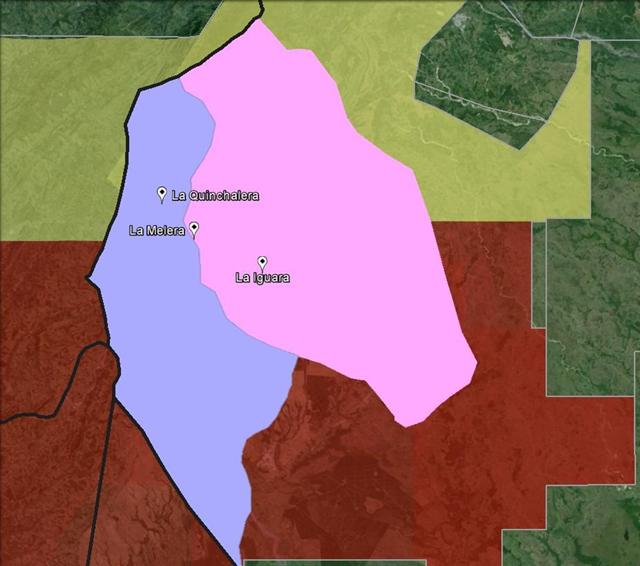The Colombian Security Council (CCS) says that its Uniform Contractor Registry (RUC) has contributed to a drop in accident over the last two years and also in the severity of the accidents.

Authorities are considering registering two additional properties as nature reserves, one of which specifically to counteract the possibility of more seismic exploration and exploratory drilling, citing the impact on water resources.
News of the 250km International Pipeline to connect Colombia to Ecuador’s infrastructure caught Putumayo residents by surprise, and their reactions in local press illustrate the complex challenge which is community and industry relations, and the staunch divisions between regions producing oil and those that watch it pass on the roadways.
The National Planning Department is threatening to cut of royalty payments to municipal and departmental entities who received royalties for projects in 2013 but that have not yet filed a transparency report that details how the money was spent.
The National Hydrocarbons Agency (ANH) has published the draft reference documents and other supporting material for the upcoming Colombia 2014 Round where it looks to assign up to 97 E&P blocks.
Colombia’s Council of State has ruled that a municipal public referendum involving Colombian subsoil exceeds the power of that entity, after Ecopetrol (NYSE:EC) challenged a decision by a Casanare tribunal to accept a referendum from the Monterrey municipality.
The Minister of Environment and Sustainable Development (MinAmbiente) Luz Helena Sarmiento said that environmental issues must be evenly weighed with policies that bring development and economic benefits for Colombia’s poor, but that it cannot do so at any cost.

Venezuela’s Minister of Oil and Mining Rafael Ramírez says he is certain that Venezuela will stop buying natural gas from Colombia in August of this year and is nearly ready to start sending gas to Colombia as had been previously agreed.

Casanare’s environmental management agency Corporinoquia is planning the prior consultation phase to declare a number of micro-basins as protected natural resources due to their role in the supply of water for local communities.
In Huila the issue of oil tankers on the roadways continues to draw the ire of local authorities, some of which have called on the national government to immediately suspend all oil tanker traffic in a meeting with national government officials.